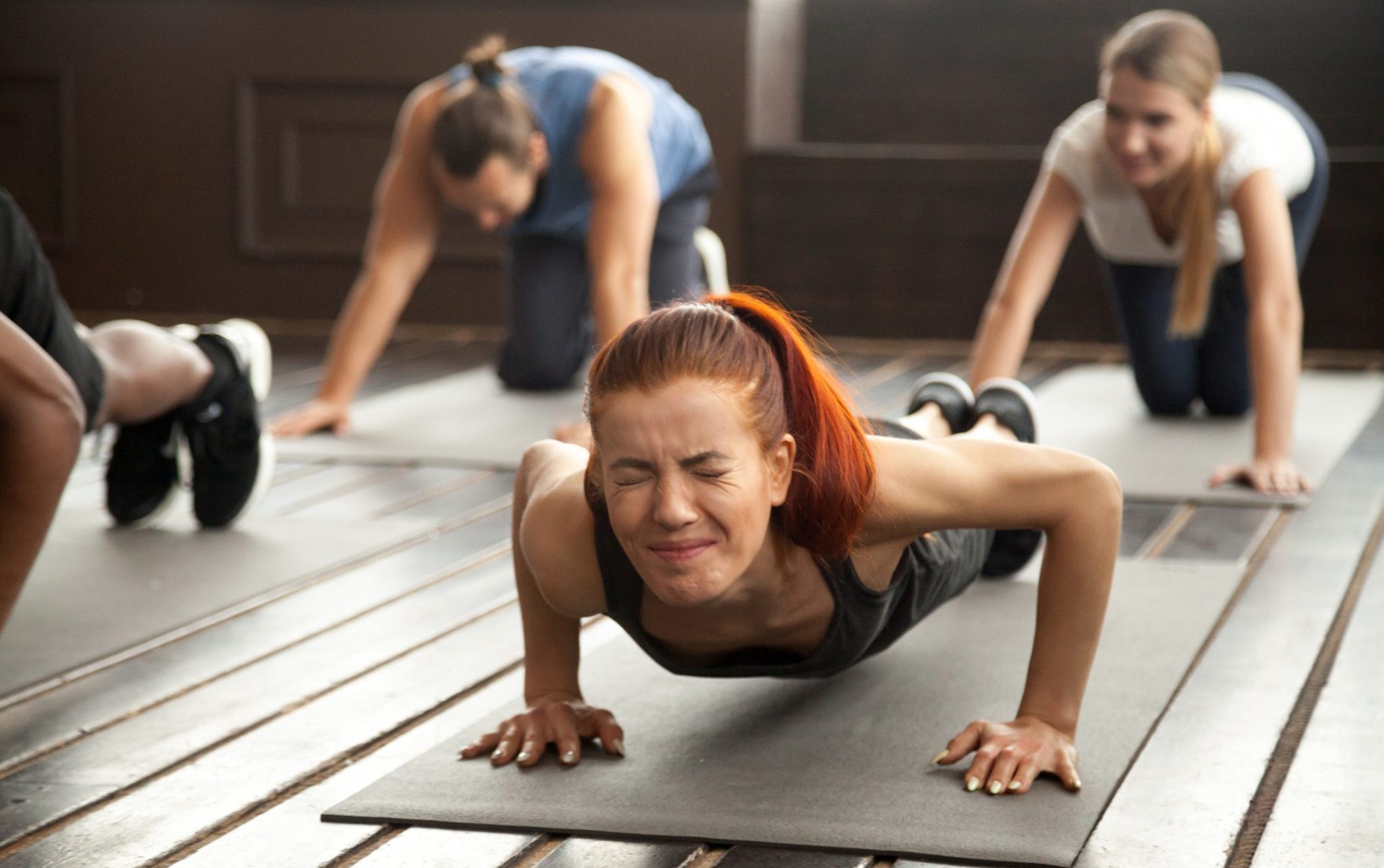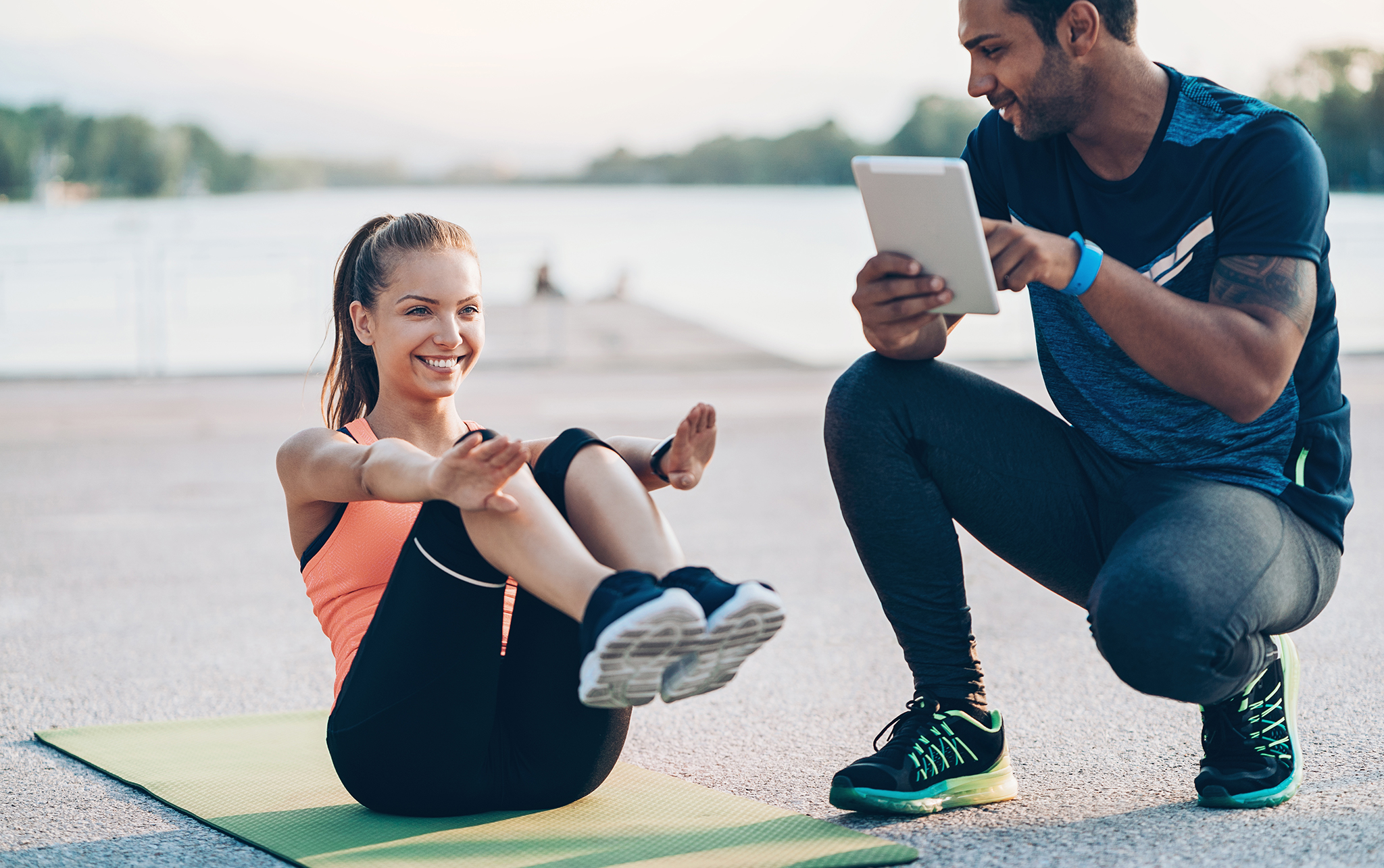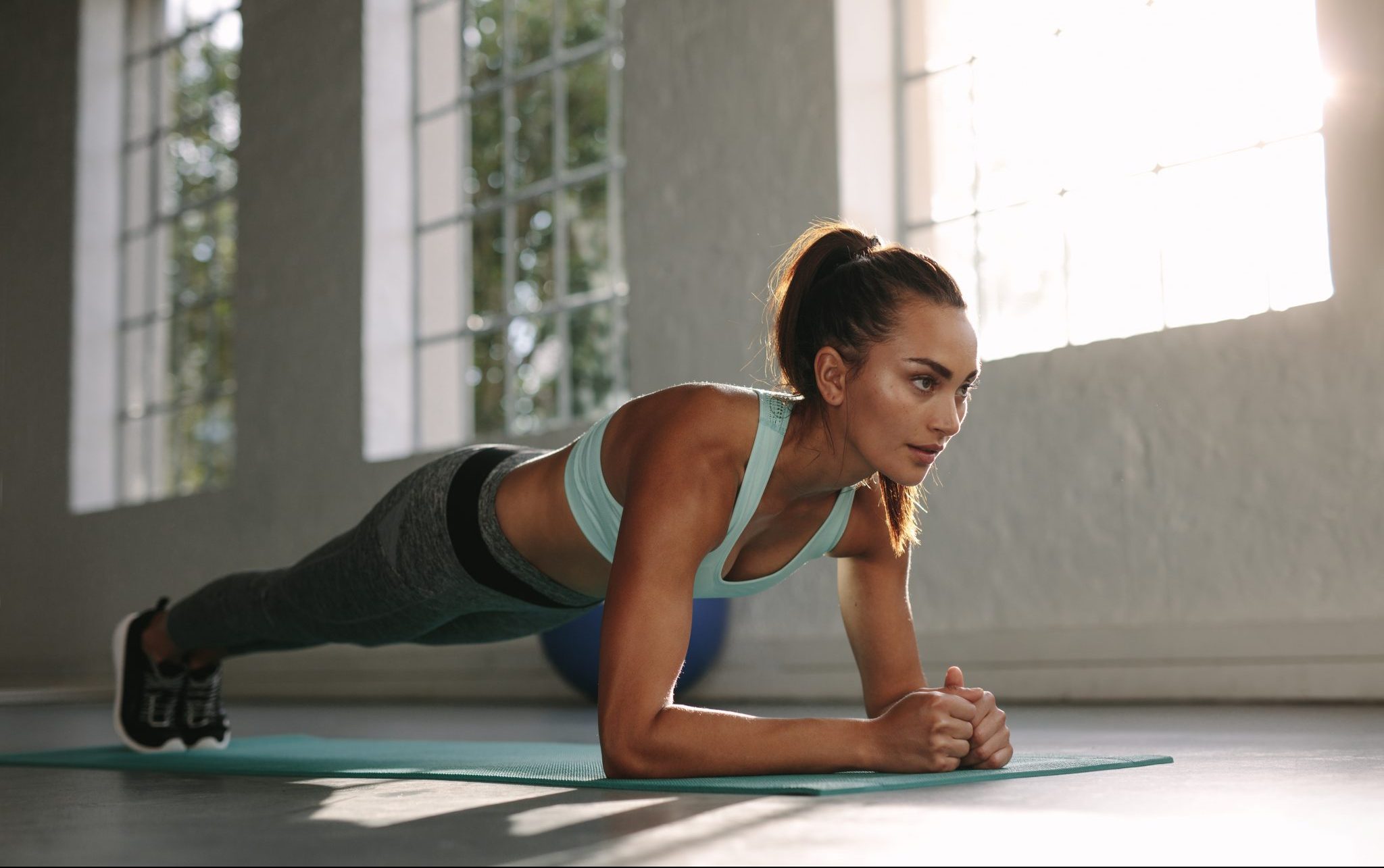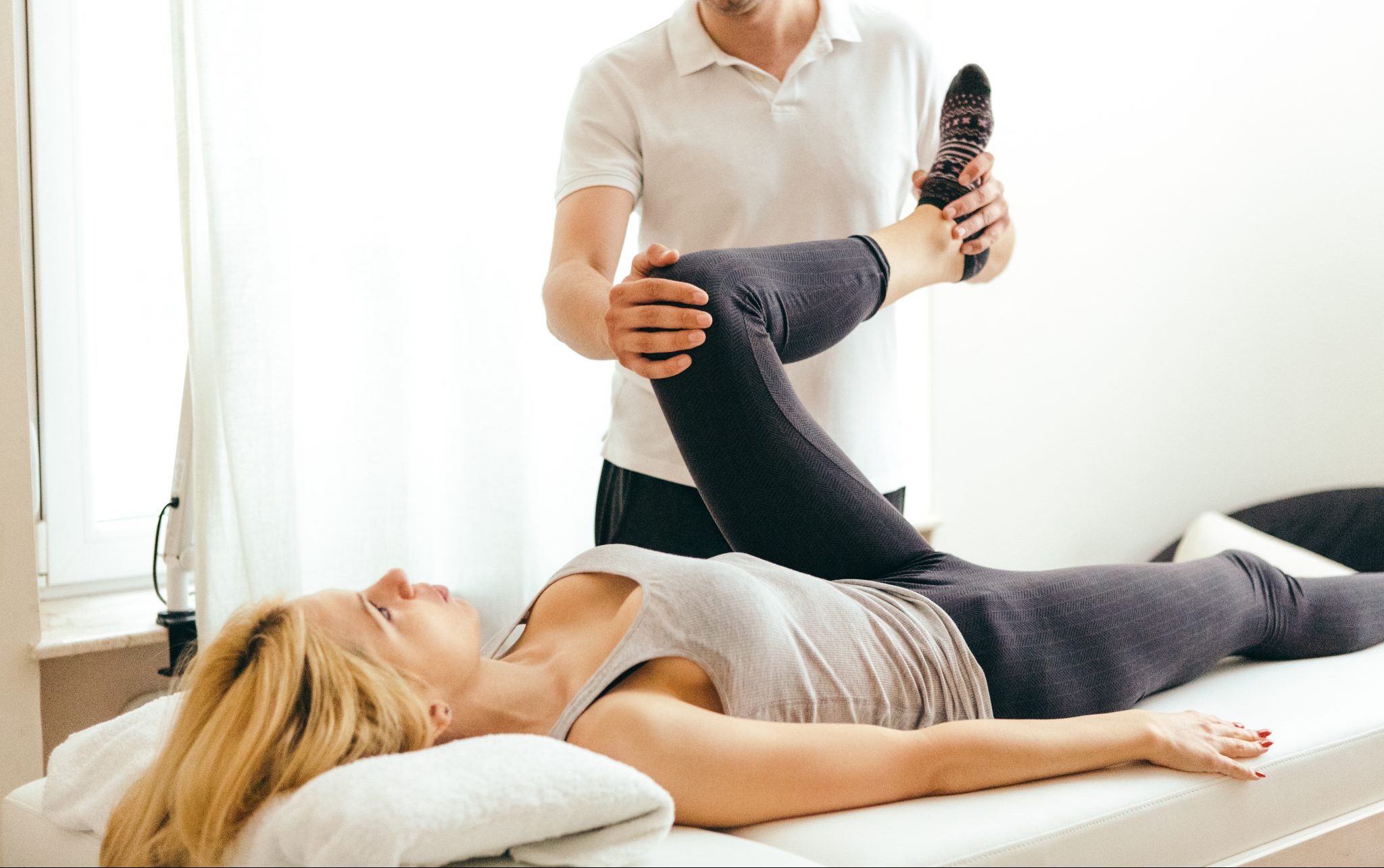After-workout muscle pain is one of the main reasons why people stop training soon after they've started. Soreness can lead to injuries and injuries, in turn, can lead not only to discouragement to continue training again but also to some serious physical after-effects. Learn how to recover faster from your workout and keep enjoying yourself and your results.
What is an after-workout recovery?
Before we dig into the ways you can increase muscle recovery, let's make sure we all understand what recovery is. We should also recognize why this part is essential to achieving good training results.
The thing is that your muscles build themselves not during your training, but at the time in between your sessions. This is when they actually repair and rebuild themselves from the stress exercises causes them, making you faster and stronger over time.
If you don't allow yourself enough quality time for healing, your muscles will get more and more messed up with each exercise routine. This can cause an overuse injury, aka repetitive stress injury.
What is an overuse injury?
It's the most common way for you to get hurt when trying to get into shape. Actually, even people who are not in training but are exposed to daily routines at work or at home that require the same repetitive actions may fall victim to such an injury too.
In sports, a repetitive stress injury happens to you when:
- you train too much;
- you train with too much intensity;
- you train too soon after your previous workout.
New athletes are especially at risk as at the beginning they may feel overenthusiastic and train not in accordance with their actual limits. It is only after a couple of days that they may start feeling the painful results. Hence, it is important to start slow and evaluate your starting level cautiously.
Those who are training in a single sport, using a certain muscle group more than the other, are, naturally, more at risk of having this trauma.
How to recover faster from workouts?
1. Get your technique straight
Before you even begin, make sure you know what you're about to do. We all know how thrilling the beginner's ardor can feel. But don't let it fool you into believing that this alone makes you invincible.
Don't trust your human intuition too much as well. You see, you may assume that you naturally know how to run, but you actually may well not. Learn your technique at the very beginning and prevent yourself from unknowingly repeating your mistakes over and over again. Better safe than sorry.
2. Build your strength
The stronger your muscles are, the more resilient they are to the stress your workouts cause them. Even if you practice endurance sports or work on your flexibility with yoga, some additional strength exercises will surely prevent you from injuries.
Extra bonus: you'll need a lot less help (or any at all!) with lifting your luggage, carrying your groceries, or pushing your broken-down car.
3. Progress slowly but surely
This is crucial when you first start training. You need to recognize where you stand at before diving in with that newbie zeal of yours. Adjust training to your level, even if it seems too easy at first.
Later on, when you evaluate how your body reacts to the initial strain, you can add more exercise, in quantity and in difficulty. Too easy is better than too difficult in terms of your prospects to continue training at all.
4. Create variation
If you want to increase muscle recovery and prevent repetitive stress injuries, you have to spice things up with a certain amount of variation in your routine. Look for more exercises that are aimed at the muscle group you want to improve and shuffle them throughout your week.
Don't focus on a specific area of your body, though. Give some love and attention to all parts of your muscular system. Also, see how you can vary your workout instruments and tools. Even switching between two somewhat different pairs of your training shoes can make a huge difference.
5. Get enough sleep
If you want to recover muscles faster after a workout, you need to get enough sleep. Plain and simple. This is because that is the time when your muscles actually repair themselves as the human growth hormone is at work.
Not getting enough sleep is a common problem for many people leading a standard Western lifestyle. What's more alarming is that it is often exhibited as a sort of badge of honor, as it implies that a person is very busy and works really hard. What it most likely indicates, though, is poor time management skills and lack of self-love.
Get your 7-9 hours of sleep daily. You may even need a little bit more if you're preparing for a marathon or simply train a lot more than the average Joe. This will not only makes you a better athlete, but also helps you maintain (and, chances are, significantly improve) your overall physical and mental health.
6. Eat a proper diet
Your body is trying to rebuild itself after a huge load of stress that you put on it with your physical activity. It needs all the proper nutrients that you are willing to provide.
Adjust your diet to the nature of your workouts. If you're building muscles and strength you'll probably need more protein. If you're working on endurance, you'll require more carbohydrates.
Dedicate time to your research and find out what daily menu would attend your needs best. Try not to seek quick-fixes such as ready-made protein shakes. Save your money and get your nutrients and vitamins from real fresh, quality food. Variety here also plays a huge role.
7. Stretch and massage
Last but not least, take good direct care of your muscles. Static after-workout stretching can highly improve your flexibility. On the other hand, dynamic or active stretching, such as air squats, side lunges, and leg kicks, are better to be done during your warm up. These are capable of improving your speed, endurance, and strength.
Getting a regular massage from a professional, your significant other, or doing it by yourself for reachable areas can make your life a lot easier and less painful. You may like to get yourself a foam roller and use it to ease up the muscle knots all over your body. This is a great way to start your session or your day.









